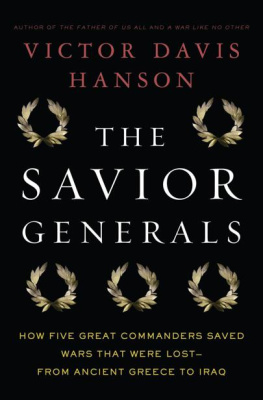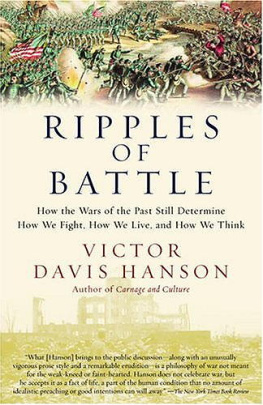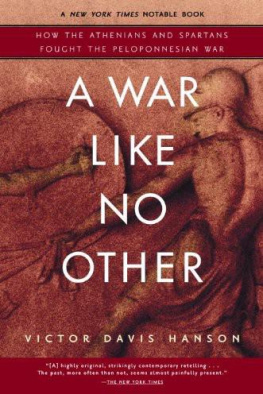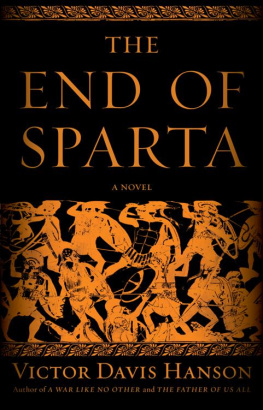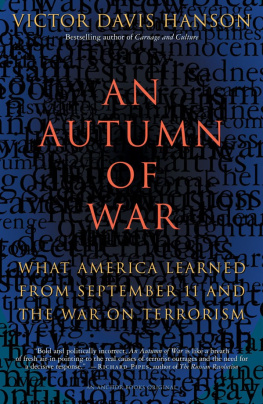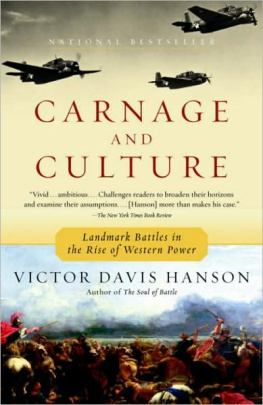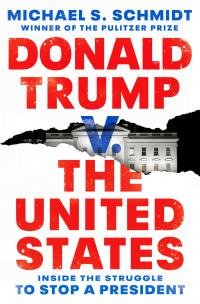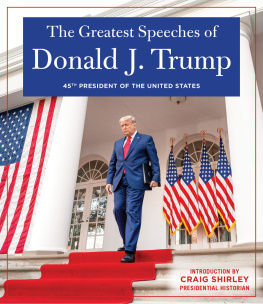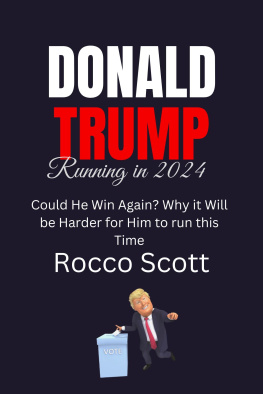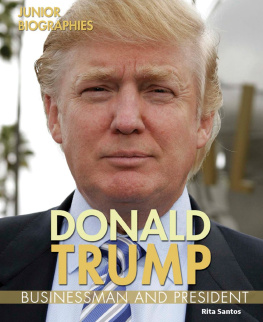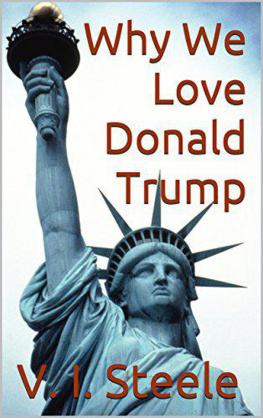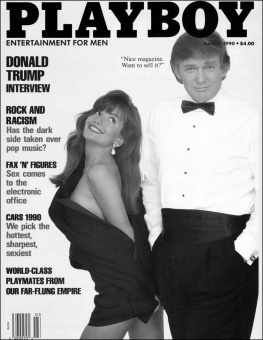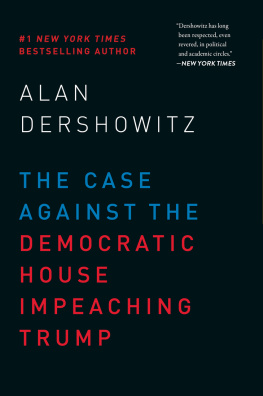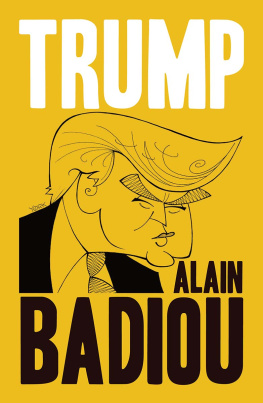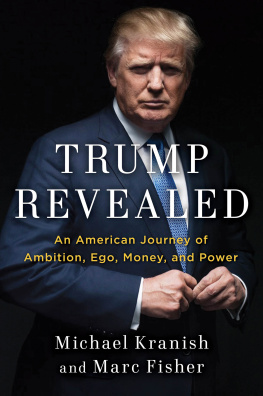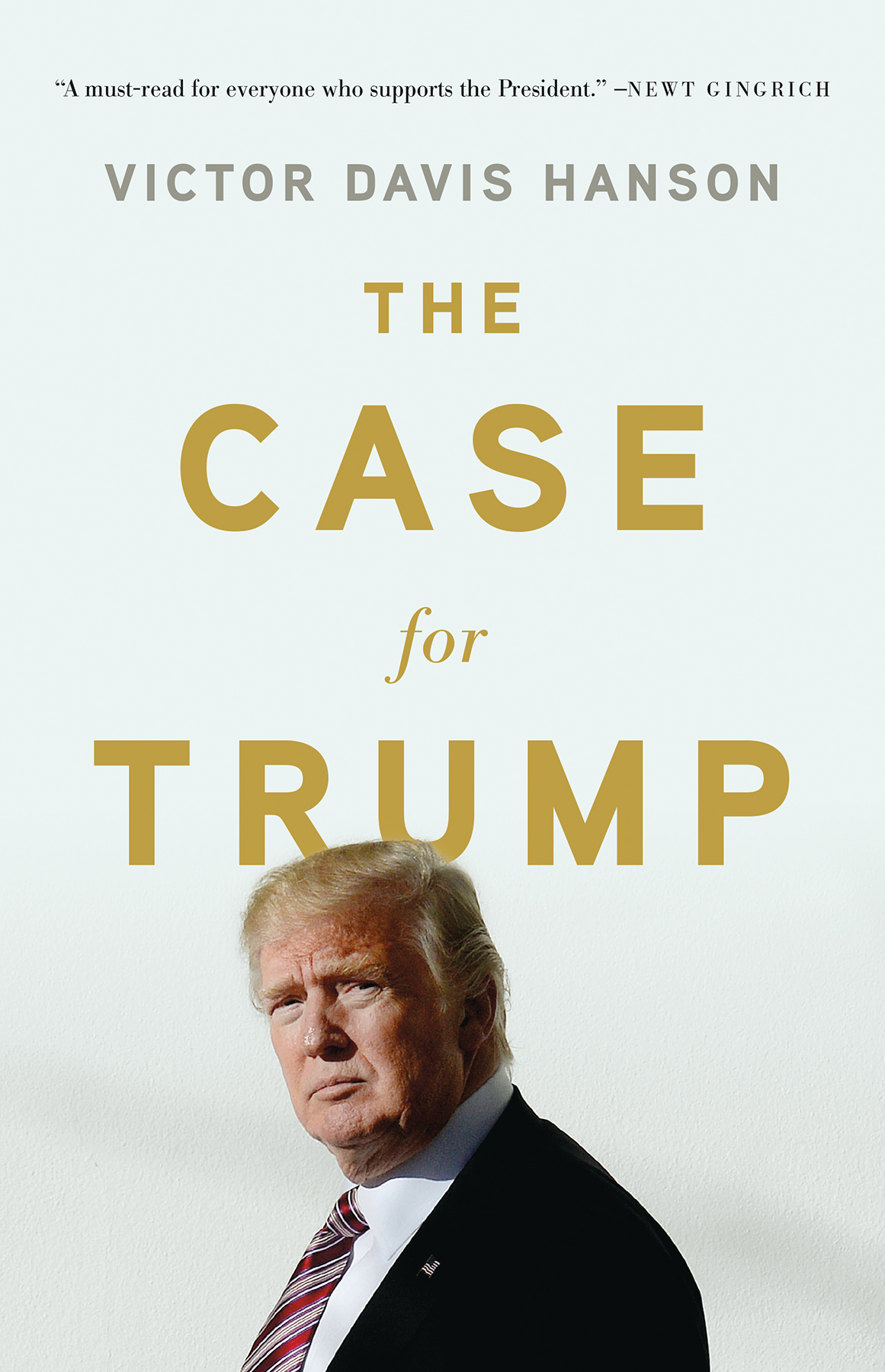The Case for Trump explains why Donald J. Trump won the 2016 electionand why I and 62,984,827 other Americans (46 percent of the popular vote) supported him on Election Day. I also hope readers of the book will learn why Trumps critics increasingly despise rather than just oppose him. Often their venom reveals as much about themselves and their visions for the country as it does about their opposition to the actual record of governance of the mercurial Trump.
Donald Trump ran as an abject outsider. He is now our first American president without either prior political or military experience. Frustrated voters in 2016 saw that unique absence of a political rsum as a plus, not a drawback, and so elected a candidate deemed to have no chance of becoming president.
The near-septuagenarian billionaire candidate, unlike his rivals in the primaries, did not need any money, and had little requirement in the primaries to raise any from others. Name recognition was no problem. He already was famousor rather notorious. He took risks, given that he did not care whether the coastal elite hated his guts. These realities unexpectedly proved advantages, given that much of the country instead wanted someoneperhaps almost anyoneto ride in and fix things that compromised political professionals would not dare do. With Trump, anything was now felt by his backers to be doable. His sometimes scary message was that what could not be fixed could be dismantled.
Trump challenged more than the agendas and assumptions of the political establishment. His method of campaigning and governing, indeed his very manner of speech and appearance, was an affront to the Washington political classes and mediaand to the norms of political discourse and behavior. His supporters saw the hysterical outrage that Trump instilled instead as a catharsis. His uncouthness, even if it was at times antithetical to their own code of conduct, was greeted by them as a long-needed comeuppance to the doublespeak and hedging that characterized modern politics.
Trump became the old silent majoritys pushback to the new, loud progressive minoritys orthodoxy. His voters quite liked the idea that others loathed him. The hysterics of Trumps opponents at last disclosed to the public the real toxic venom that they had always harbored for the deplorables and irredeemables. The media and the progressive opposition never quite caught on that trading insults with Donald Trump was unwise, at least if they wished to cling to the pretense that contemporary journalists and politicians were somehow professional and civic minded.
Predictably as president, Trump said and did things that were also long overdue in the twilight of the seventy-three-year-old post-war order. Or as former secretary of state Henry Kissinger remarked in July 2018 of the fiery pot that Trump had stirred overseas, I think Trump may be one of those figures in history who appears from time to time to mark the end of an era and to force it to give up its old pretense.
Trumpism on the campaign trail and after the election was also a political belief that the interior of the country should not be written off as an aging and irrelevant backwater. It was not its own fault that it had missed out on globalization. Nor had midwestern red and purple states become permanently politically neutered by either new demographics or their own despair at the new centers of cultural and financial power on the coasts. Instead, Americas once industrial heartland was poised for a renaissance if given the chance. Voters who believed that promise could in the heartlands eleventh hour still win Trump an election.
Perhaps most importantly, Trump was not Hillary Clinton. After the primaries are over, most presidential elections are rarely choices between seasoned political pros and amateur outsiders, or good nominees versus bad ones. They are decisions about tolerable and less tolerable candidates.
Both Clinton and Trump entered the 2016 race amid scandal. But Clintons miscreant behavior was viewed as quite different. She had almost always been in the public eye, either as a first lady, a senator, and secretary of state, or a campaigner for and surrogate of her husband and a candidate herself. In other words, Hillary Clintons life had been embedded in high-stakes politics. She, like her husband, had leveraged public offices to end up a multimillionaire many times overwell apart from the serial scandals of Whitewater, cattle-future speculations, the demonization of Bill Clintons liaisons, the Clinton Foundations finances, the Benghazi fiasco, the Uranium One deal, the unauthorized use of a private email server as secretary of state, and the hiring of Christopher Steele to compile a dossier on Donald Trump. Hillary also somehow became quite rich by monetizing the likelihood that she would be eventually the spouse of the president, or later, and far more lucratively, the president herself.
Trumps sins (e.g., multiple bankruptcies, failed product lines, endless lawsuits, creepy sexual scandals, loud public spats, crude language, and gratuitous cruelty), in contrast, were seen as those of a self-declared multibillionaire wheeler-dealer in private enterprise. His past tawdriness was regrettable and at times he had found himself in legal trouble. But Trump had not yet abused the peoples trust by acting unethically while in officeeven if the default reason was that he had


